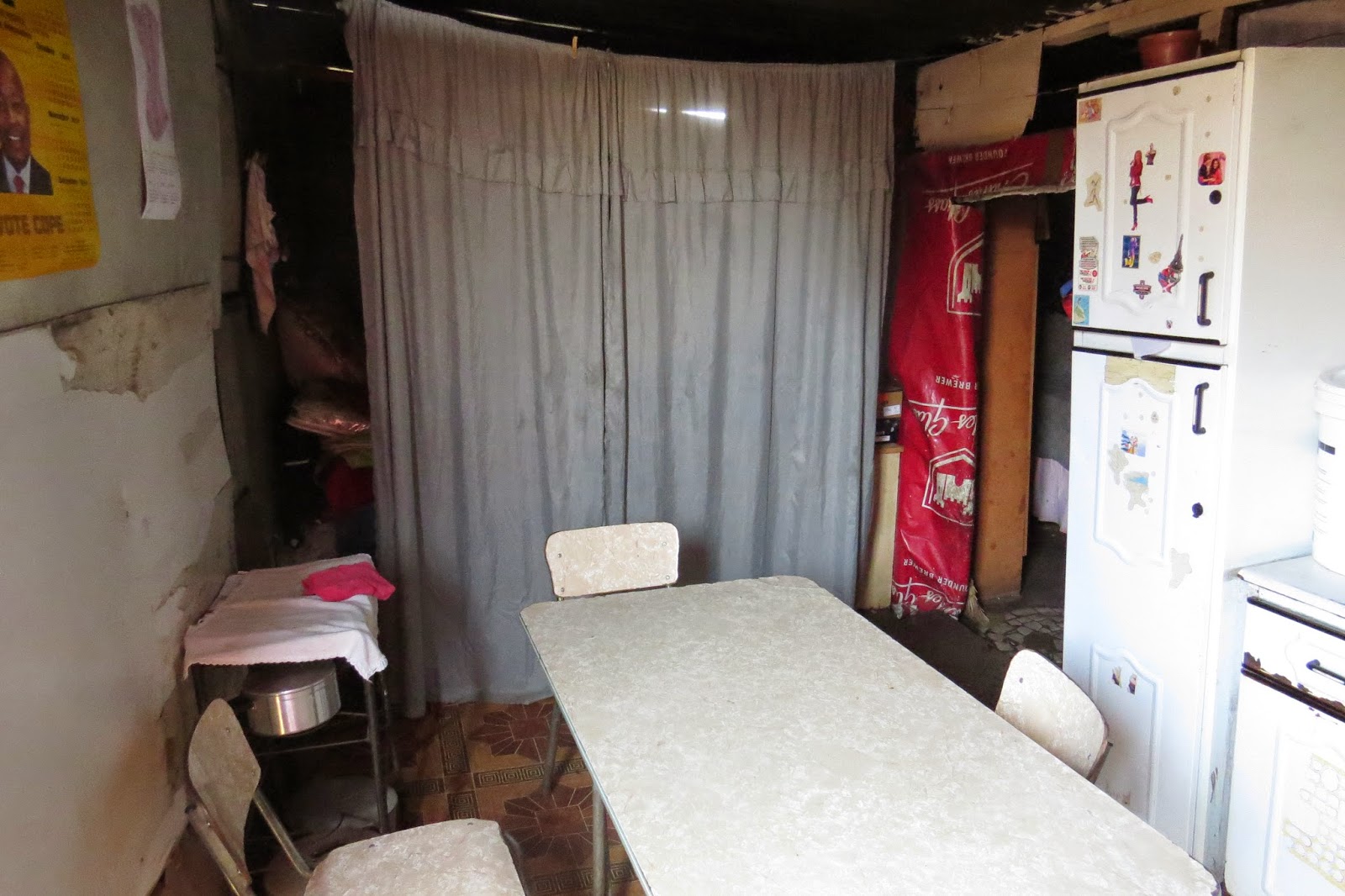I
know I’ve mentioned a few times before that I belong to a gym, but I didn’t
realize until recently that it is atypical of women to work out here. Back in the U.S. I’ve been in Zumba classes
with 50 or even 100 other women. But
here I seldom see women at the gym. I
didn’t actually take notice of this fact until I needed to buy a pair of
shorts. Last week I went to countless
stores in three different malls trying to find women’s gym shorts. Each time I asked someone about them they
looked at me as if I was crazy. I
finally asked why it was impossible to find them and was told, “Women here just
don’t work out. There is no need for us
to carry gym shorts for women.”
After
receiving this explanation, being a researcher by trade, I decided to launch my
own investigation. Over the past week
I’ve spent about 12 hours in the gym.
During that time I have seen a total of 14 women and approximately 600 men. Thus, the retailers are correct, it’s more to
their benefit to sell men’s gym clothes as opposed to women’s apparel.
Over
the last three months I do not recall ever once being in the weight room and
seeing another female there, which probably explains why I tend to get an unusually
high amount of attention when I enter that space. Thankfully after my first venture into the
weight room back in August I silenced all whisperings about my presence. I guess deadlifting 120% of your body weight
will do that. Now when I arrive everyone
just says “Hi” and then seems to forget I’m there. This means I am often privy to overhearing
some unique male Batswana conversations. I am receiving quite an education.
A
recent conversation centered around someone’s “big house” and “little house.” I
was impressed this bodybuilder (yes, bodybuilder; he is competing in this
month’s Mr. Botswana competition) had two houses. But the more I “inadvertently overheard” this
conversation the more confused I became. Apparently “little house” had become
too demanding, which was causing “big house” to become suspicious. Hmmmmm……
I
was beginning to think I was going to have to approach the professor with whom
I co-teach to clear up the “little house/ big house” confusion. Thankfully, another solution revealed itself. One day the bodybuilder approached me,
informed me he was looking for a new “little house,” and was I interested in
the position? Or, if I wasn’t interested
in being the “little house” would I like to “kick it” sometime? (“Kick it” was
actually completely new terminology, so that was even more exciting!) Ah-ha! This was my opportunity. “I’m sorry, I’m confused. What’s the question? Are you shopping for
real estate? Or a girlfriend?”
Fortunately
my charming personality overshadowed my naivety and he enlightened me as to
Botswana’s dating/cheating/“let me sex you up” vocabulary:
“Big
house” is your main, public relationship.
This is the husband, wife, girlfriend, boyfriend that everyone knows you
have.
The
“little house” is your “someone on the side.” This person is a secret from “big
house” and everyone else. The “little
house” is aware there is a “big house” and that “big house” better NEVER find
out about the existence of the “little house.”
For
those individuals who prefer to forego the commitment level of being a “big
house” or a “little house” there is always the option of “kicking it” which is
different from “hanging.” “Hanging” is platonic, while “kicking it” is no
strings attached sex.
At
the conclusion of his “sexual healing” lecture in the middle of the weight
room, my aspiring Mr. Botswana friend asked what I thought, “So, would you like
to be my little house?” I have no doubt I had a huge smile on my face as I was
desperately trying not to laugh. “YES! I
would LOVE to be your little house! How could a girl turn down an offer like
that? I’ve dreamed of this opportunity my WHOLE LIFE!” (Just kidding, I did NOT say that.) “No thank you, I don’t think I can be your
little house. I am currently in a
negotiation with a potential big house and don’t want to risk messing it up
this early. But! Can I have your phone number? I have a friend who would love
to meet you.” “Really? Sure!” “Oh no! Please don’t get excited, she’s not going
to be your little house either. She is a
researcher of sexual behavior in communities with high incidence of HIV/AIDs
infection. She would LOVE to hear about
this.”
Without
answering me he turned and walked away. I think I may have crushed his
hopes. Too bad, because he and I used to
“hang.” I may have to find myself a new
spotter now.






















